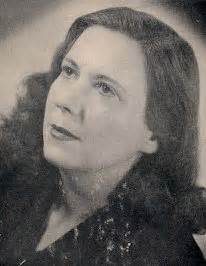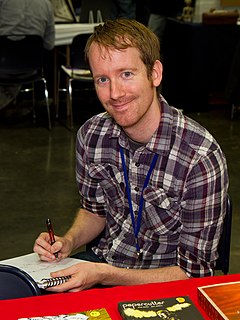A Quote by Johann Wolfgang von Goethe
The clever reader who is capable or reading between these lines what does not stand written in them but is nevertheless implied will be able to form some conception.
Related Quotes
As soon as I start to write I'm very aware, I'm trying to be aware that a reader just might well pick up this poem, a stranger. So when I'm writing - and I think that this is important for all writers - I'm trying to be a writer and a reader back and forth. I write two lines or three lines. I will immediately stop and turn into a reader instead of a writer, and I'll read those lines as if I had never seen them before and as if I had never written them.
We must be forewarned that only rarely does a text easily lend itself to the reader's curiosity... the reading of a text is a transaction between the reader and the text, which mediates the encounter between the reader and writer. It is a composition between the reader and the writer in which the reader "rewrites" the text making a determined effort not to betray the author's spirit.
There are some books that refuse to be written. They stand their ground year after year and will not be persuaded. It isn't because the book is not there and worth being written -- it is only because the right form of the story does not present itself. There is only one right form for a story and if you fail to find that form the story will not tell itself.
Serious reading is hardly a social activity and every halfway serious reader is perpetually subject to a form of coitus interruptus. Family members or friends who lack the desire, the courage, or the opportunity to burst in on you when there's some indication that you could be sexually entwined will seldom hesitate to interject themselves between you and a page, even though the act of reading is often as intimate and intense as a full-fledged carnal embrace.
We like books that have a lot of dreck in them, matter which presents itself as not wholly relevant (or indeed, at all relevant) but which, carefully attended to, can supply a kind of "sense" of what is going on. This "sense" is not to be obtained by reading between the lines (for there is nothing there, in those white spaces) but by reading the lines themselves looking at them and so arriving at a feeling not of satisfaction exactly, that is too much to expect, but of having read them, of having "completed" them.
There are very real differences between science fiction and realistic fiction, between horror and fantasy, between romance and mystery. Differences in writing them, in reading them, in criticizing them. Vive les différences! They're what gives each genre its singular flavor and savor, its particular interest for the reader - and the writer.
There are definitely connections between poems, but I wanted each to stand on its own. I guess it goes back to the idea of trying to zoom in and out, and to modulate, so there are different ways of looking at any experience for the reader. Even having short poems and long poems - there has to be some kind of variation in the experience of reading as a whole.
I know "accessibility" is a term that's kind of thrown around wantonly today, especially with talking about visual media. But I think that the strength of comics [is how they] really allow you to transcend those last barriers between a reader absorbing the information of an experience, and a reader being able to project themselves into the [experience of the] people about whom they're reading.
In a story you only had to wish, you only had to write it down and you could have the world...It seemed so obvious now that it was too late: a story was a form of telepathy. By means of inking symbols onto a page, she was able to send thoughts and feelings from her mind to her reader's. It was a magical process, so commonplace that no one stopped to wonder at it. Reading a sentence and understanding it were the same thing; as with the crooking of a finger, nothing lay between them. There was no gap during which the symbols were unraveled.





































